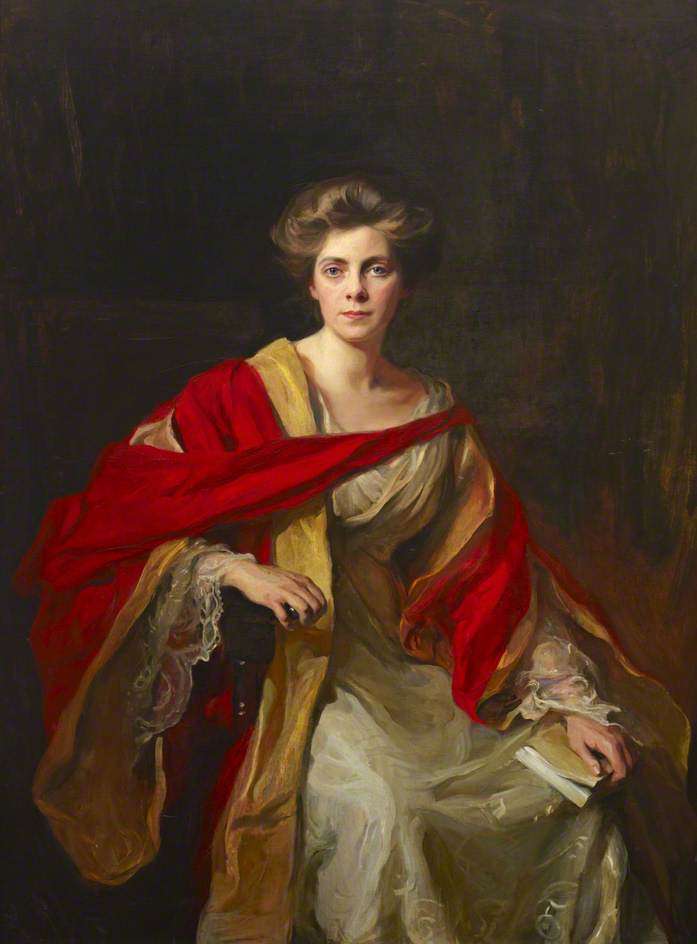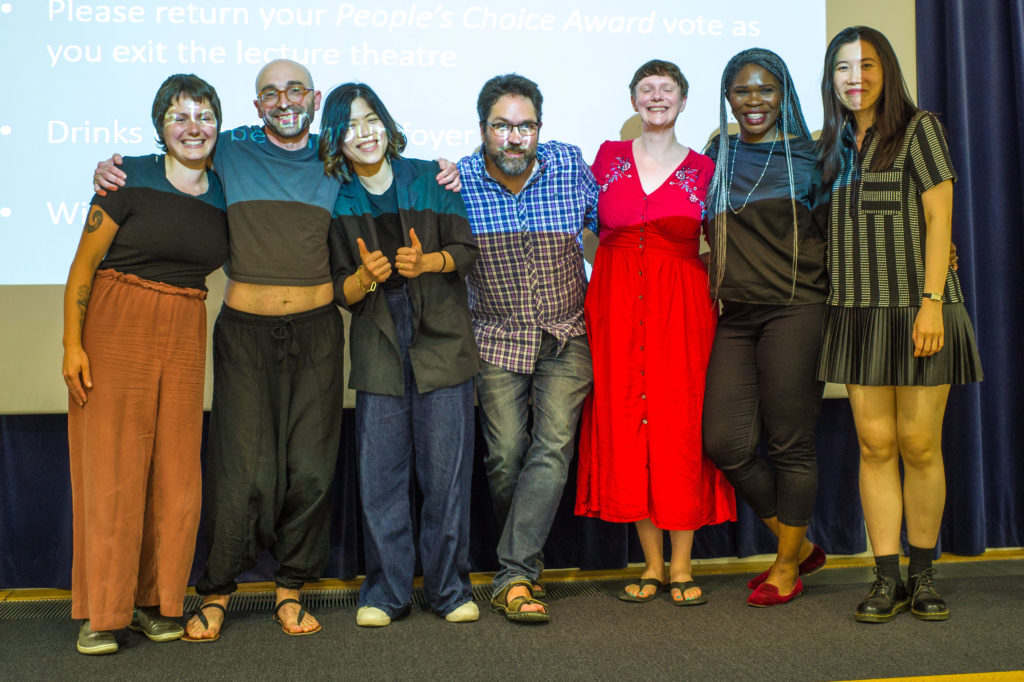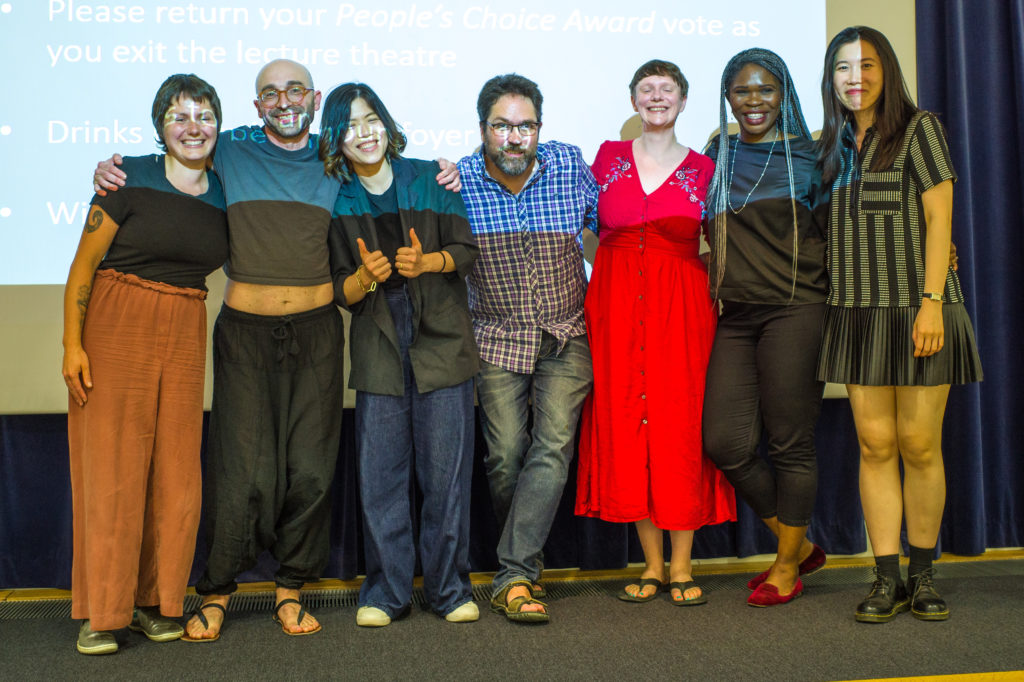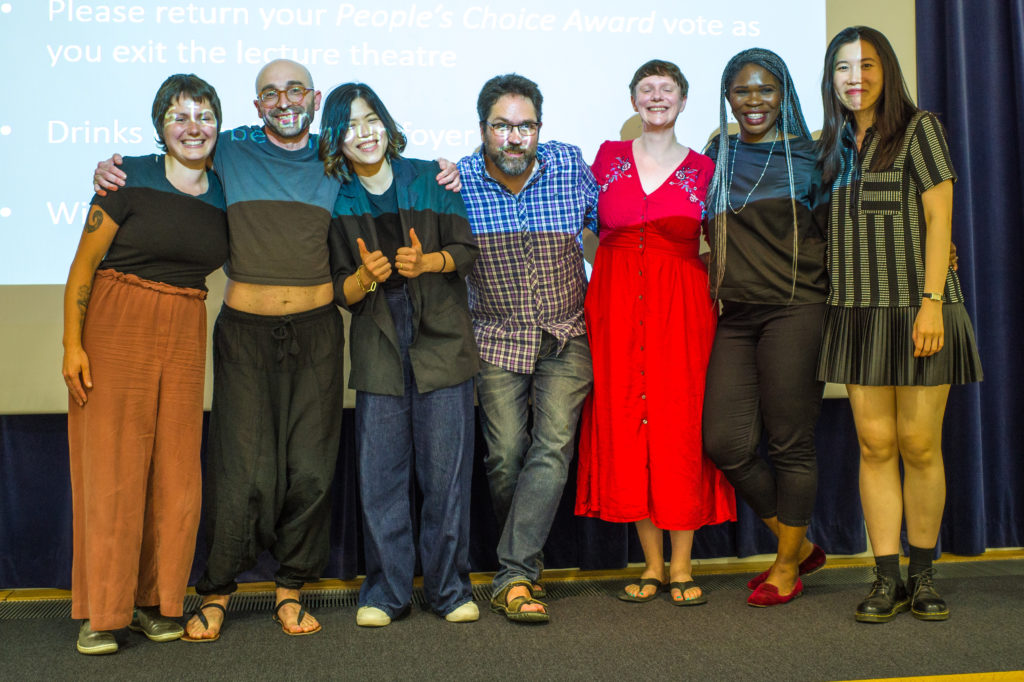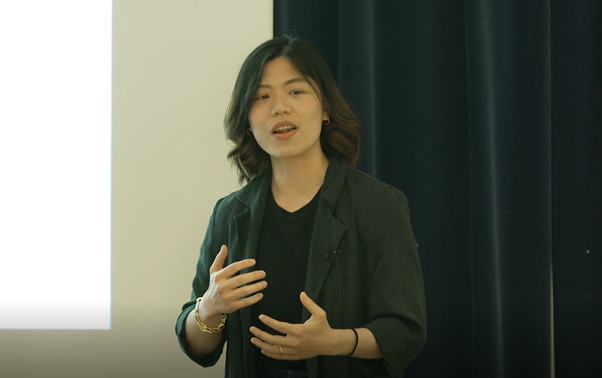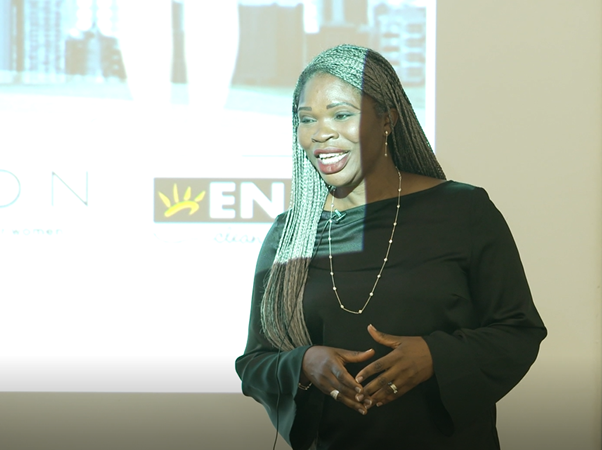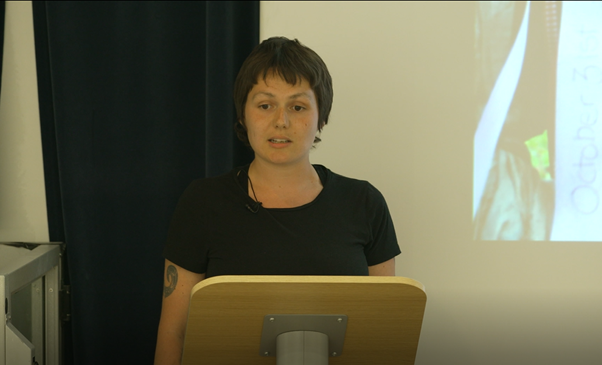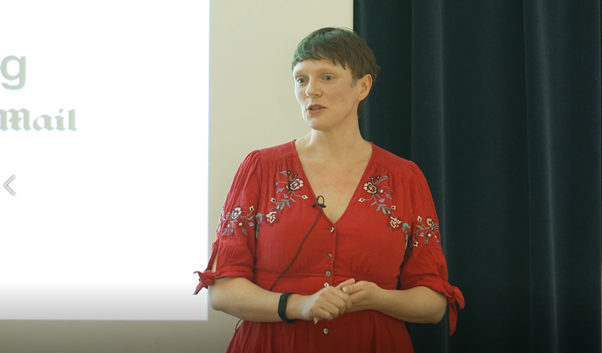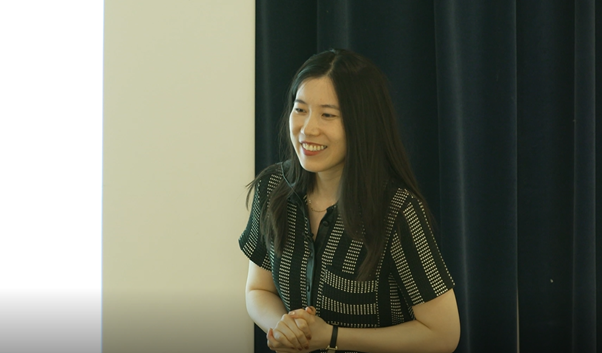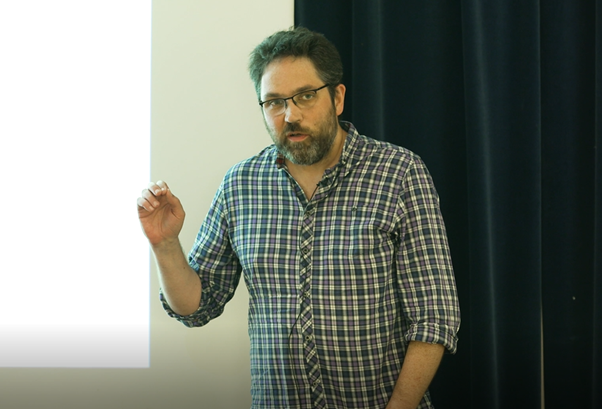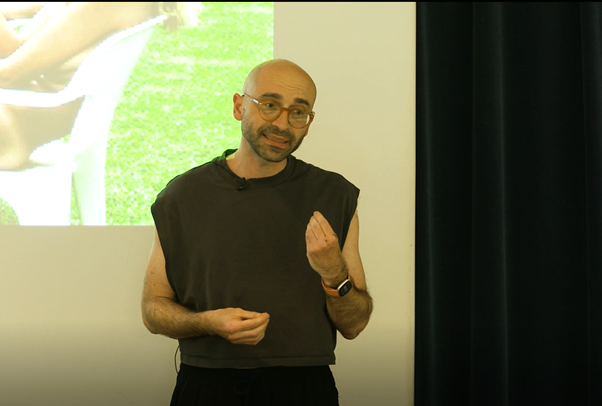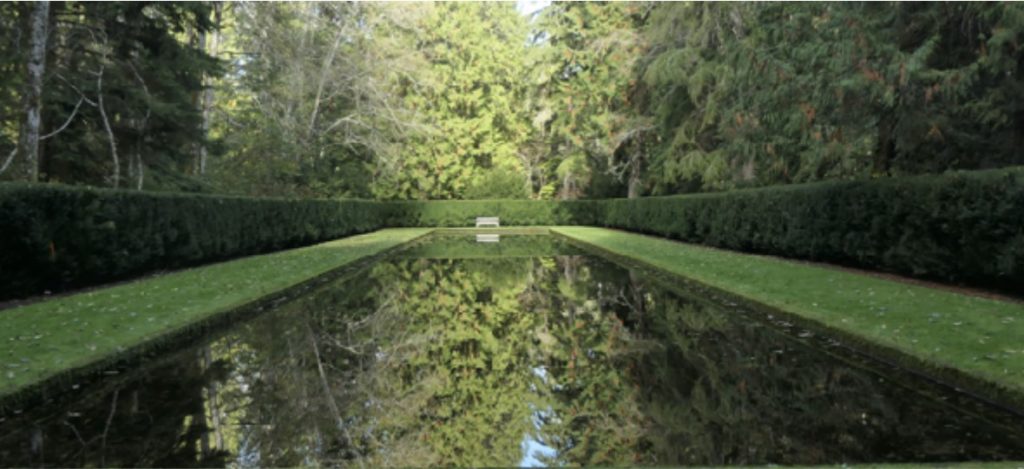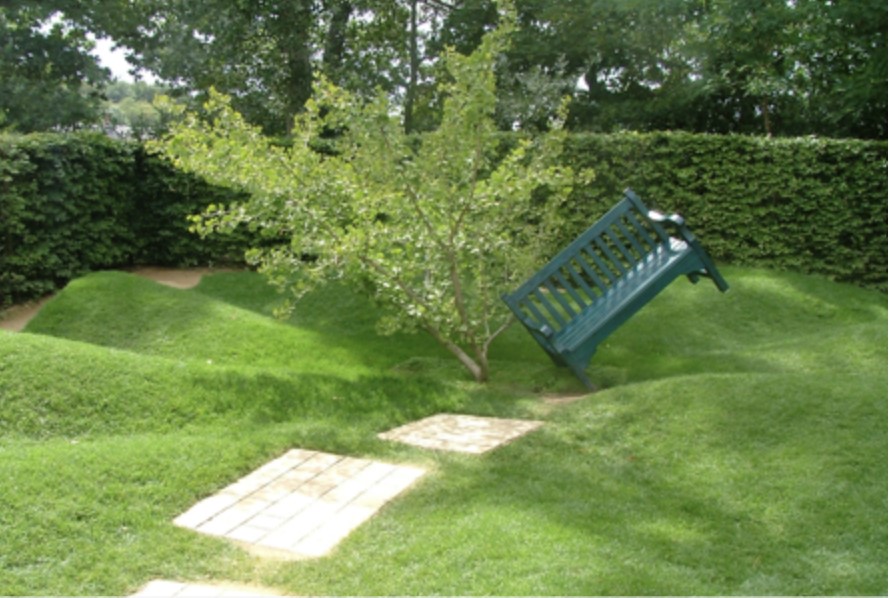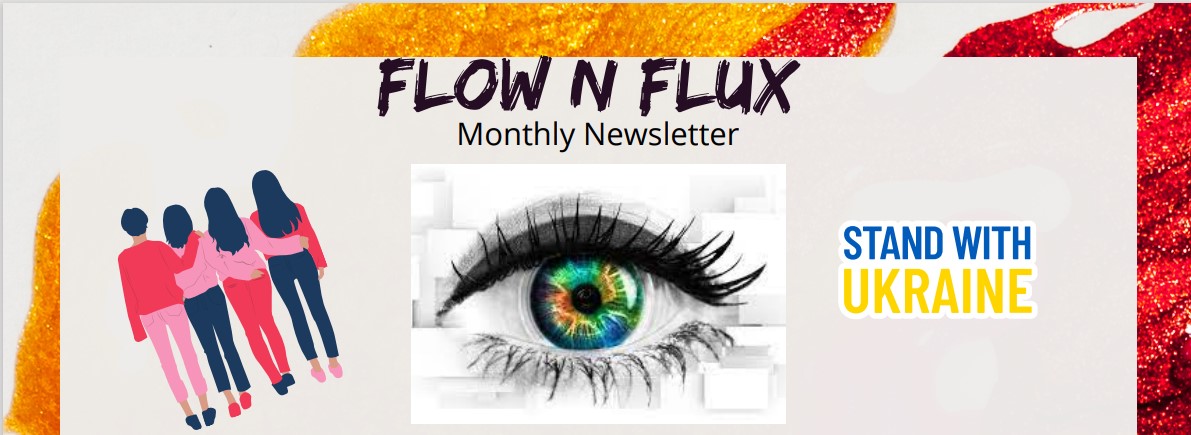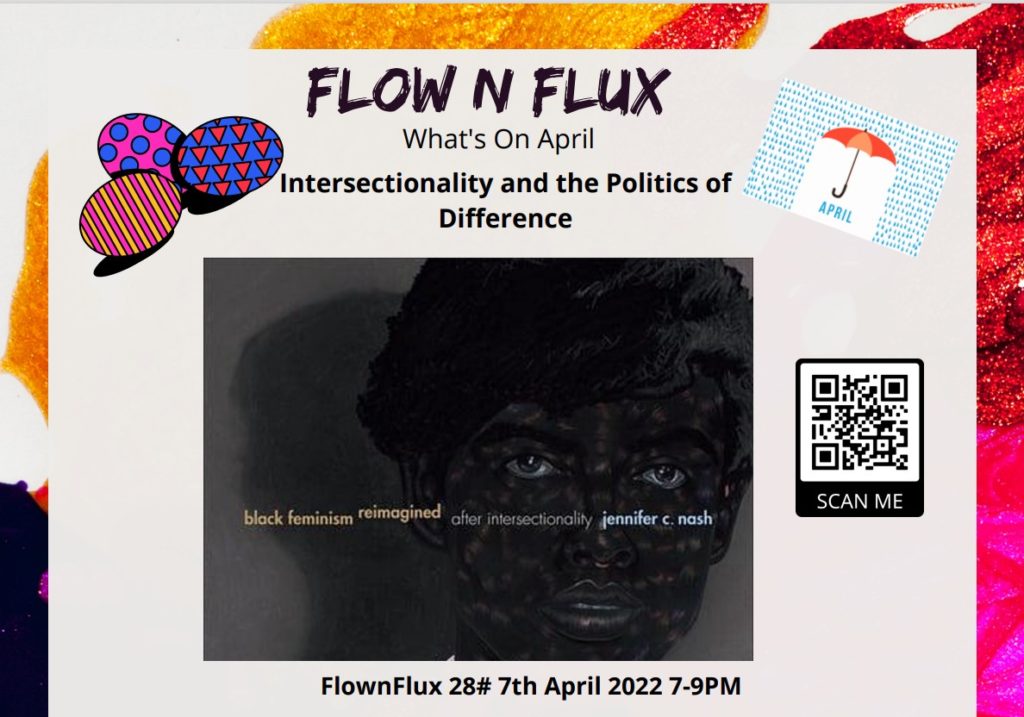Deadline for entries: Midday, Friday 12 July
The Birkbeck Graduate Research School (BGRS) aims to highlight the activities and successes of our research student community. We are pleased to announce a call for entries for the 2023/24 Gwynne-Vaughan Prize which will be awarded to Birkbeck Doctoral students able to demonstrate the most notable contributions to their fields while undertaking their research degree.
There are two categories and the winner of each will each be awarded a £250 prize, a formal certificate and a distinctive medal.
Current doctoral student entries
- This category is open to all current doctoral students at Birkbeck who were enrolled during the current 2023/24 academic year.
- Any achievements you include must have taken place while you were registered as a Birkbeck Doctoral student up the current academic year.
Doctoral awardee entries
- This category open to any student who was enrolled in academic year 2022/23 or 2023/24 and who has already been awarded their doctorate.
- Any achievements you include must have taken place before your doctorate was awarded.
How to enter
Applicants must complete the following Gwynne-Vaughan Prize entry form which includes a statement from the student and a supporting statement from the supervisor. Your completed form should be sent by email to graduateresearchschool@bbk.ac.uk
Deadline for entries
Midday, Friday 12 July
Consideration of entries
All entries will be considered by the Research Strategy Group (RSG).
Announcement of winners
The winners will be announced before the end of the Summer term and will be presented their prizes at the BGRS start of year welcome event in Autumn term 2024.

